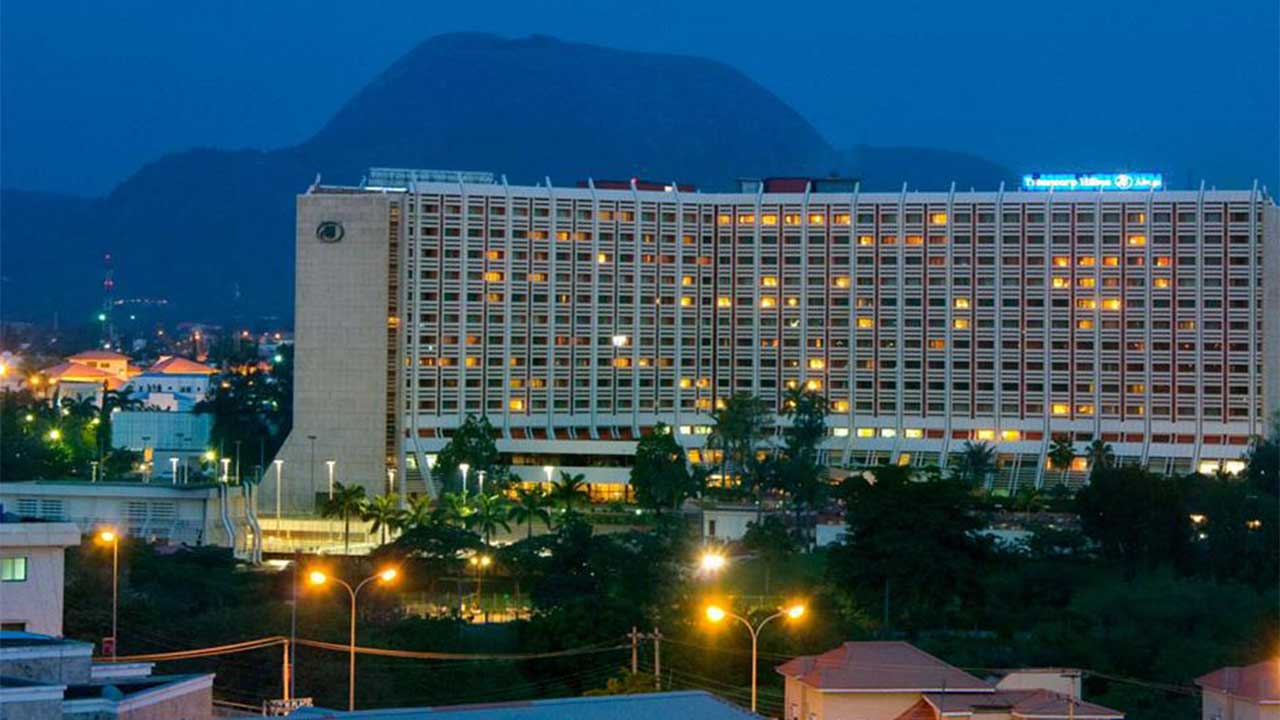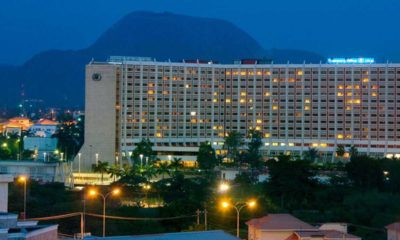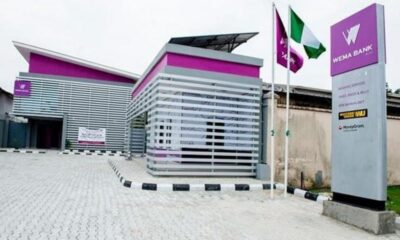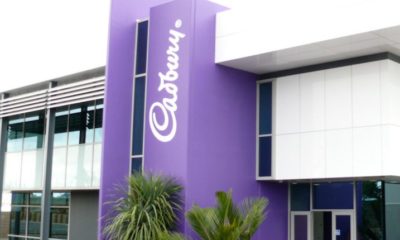Company News
Transcorp Group’s Revenue Increases By 48% in 2021

Company News
Axxela Limited Raises N16.4bn in Oversubscribed Bond Issuance
Company News
Dangote Refinery Continues Price Slashing: Diesel Now at ₦940/Litre, Aviation Fuel at ₦980/Litre
Company News
MicroStrategy Rally Crushes Short Sellers, Wiping Out $1.92 Billion
-

 Forex3 weeks ago
Forex3 weeks agoZiG to the Rescue: Zimbabwe Shifts Gear with New Currency Backed by Gold
-



 Naira2 weeks ago
Naira2 weeks agoDollar to Naira Black Market Today, April 9th, 2024
-

 Billionaire Watch2 weeks ago
Billionaire Watch2 weeks agoNigerian Billionaire Tony Elumelu Contemplates Acquiring NPFL Club
-





 Naira2 weeks ago
Naira2 weeks agoDollar to Naira Black Market Today, April 8th, 2024
-





 Naira2 weeks ago
Naira2 weeks agoNaira Hits Eight-Month High at 1,120/$ Amidst Central Bank Reforms
-





 Naira1 week ago
Naira1 week agoDollar to Naira Black Market Today, April 17th, 2024
-





 Naira4 weeks ago
Naira4 weeks agoNigerian Naira Surges to N1,350 per Dollar in Parallel Market
-





 Naira3 weeks ago
Naira3 weeks agoDollar to Naira Black Market Today, April 1st, 2024






















